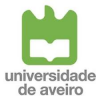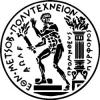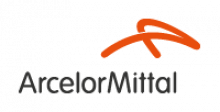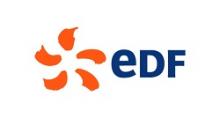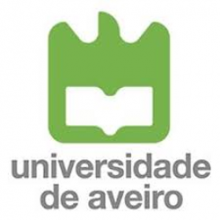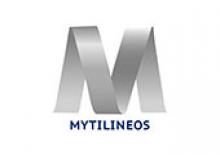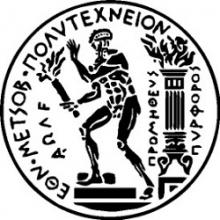Consortium
The consortium is led by ArcelorMittal, the world’s leading steel and mining company. With its philosophy to produce safe and sustainable steel, the worldwide group is always researching more efficient and environmentally friendly ways to produce its main product: crude steel. The company has been working for 12 years on the development of the ULCOWIN technology through experiments validating the four first TRLs and by testing three different versions of cells at TRL4 proving the potential of the technology.
With this solid background, ArcelorMittal surrounded by 11 additional innovative European companies and RTOs (Research and Technology Organisations), aims at developing a new experimental pilot to validate the technology at TRL5 and TRL6.
Recoy entries officially in the Siderwin consortium in April 2021, after N-Side phased out the project due to business core organizational changes.
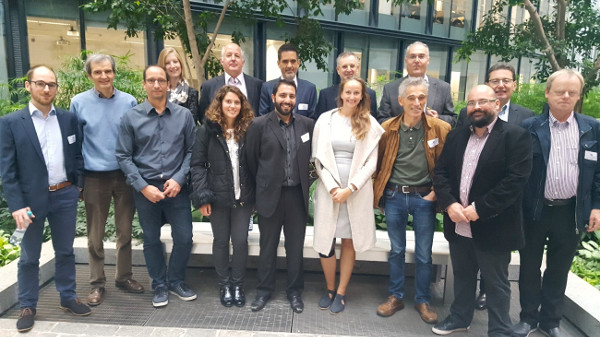
Participants in the kick-off meeting held on 10th October 2017 at the European Commission premises
ArcelorMittal is the world's leading steel and mining company. Guided by a philosophy to produce safe, sustainable steel, it is the leading supplier of quality steel products in all major markets including automotive, construction, household appliances and packaging. ArcelorMittal is present in 60 countries and has an industrial footprint in 18 countries.
John Cockerill (former CMI) designs, modernises and maintains equipment in the domains of energy, defence, industry and the environment. The solutions provided by John Cockerill to its clients enable the economic and technical performance of their production equipment to be improved, while also reducing their environmental footprint. In 2016, John Cockerill turned over in excess of 1.2 billion Euros, with a workforce of 4,600 highly qualified persons. Based in Seraing (Belgium), John Cockerill has installations in Europe, the United States, Africa, Brazil, Russia, India and China.
With around 75 billion euros of annual revenue, 37.6 million of worldwide clients and 87% of CO2 free electricity, EDF is the world’s biggest electricity generator. The EDF Group covers every sector of expertise, from generation to trading and transmission grids. EDF builds on the expertise of its people, its R&D and engineering skills, its experience as a leading industry operator and the attentive support of its customers to deliver competitive solutions that successfully reconcile economic growth with climate protection.
CFD-Numerics is a French company created in 2008, located in Lyon Area, composed of 5 engineers and PhD dedicated to CFD (Computational Fluid Dynamics). With an experience of over 10 years in the field of numerical simulation, CFD-Numerics is able to provide services using the latest techniques of CFD, while ensuring quality results.
Quantis is a leading life cycle assessment (LCA) consultancy specialised in supporting companies to measure, understand and manage the environmental impacts of their products, services and operations. Quantis employs 30 people, amongst which several are internationally renowned experts in the LCA field. Quantis offers cutting-edge services in environmental foot printing, eco-design, sustainable supply chains as well as environmental communication.
TECNALIA Research & Innovation is a private, independent, non-profit applied research centre of international excellence, employing 1400 people (229 PhDs) from 30 different nationalities, whose mission is "to transform technology into GDP". It leads state of the art technology research either by itself or collaborating with other private companies and public institutions. Fields of interest are Health & Aging, Advanced Manufacturing, Digital and Hyperconnected World, Urban Habitat, Low Carbon Energy, and Climate Change and Resources Management. TECNALIA is actively involved in international and local research projects and is a relevant actor in technological platforms as EARTO, EUROTECH and JIIP. It collaborates with Universities, Research Centres and Private Institutions all over the world.
The University of Aveiro was founded in 1973. Its student population is over 15,500 full-time students (Grad. and Postgraduation). The University has a strong research profile, a unique model of governance (16 Departments, 4 Polytechnic Schools and various training centre’s), acting as a regional network for education and training, promoting strong links with the surrounding community and was a pioneer in launching degrees in new scientific and technical areas. Despite being a young university, it achieved international recognition for the quality of teaching and research. The UAVR seeks to develop and maintain a supportive research environment, where individuals are valued and provided with the support they require. Students and researchers can count on experienced administrative staff, financial and legal structure composed by several offices, integrated in different services, from which we highlight: the Research Support Office (GAI), the Management of Human and Financial Resources, the Technology Transfer Office (UATEC) and the Mobility Centre.
Mytilineos S.A. -Metallurgy Business Unit (former Aluminium of Greece-AoG) is the leading industrial producer of alumina and aluminium in Southeastern Europe. It is the only company having a vertically integrated bauxite, alumina and aluminium production plant in Europe. Mytilineos S.A. - Metallurgy Business Unit produces annually 850,000 tons of alumina, 175,000 tons of aluminium and 750,000 tons of Bauxite Residue (BR). Adhering to globally accepted environmental management standards and carrying out significant “green” investments, Mytilineos S.A. - Metallurgy Business Unit is committed to minimising the unavoidable impact of its operations on the environment. One of its goals is to utilise 100% of the produced BR, which are for the moment filter pressed and disposed as a filter-cake inland.
The National Technical University of Athens (NTUA) is the oldest and most prestigious technical university in Greece. Today NTUA has more than 7,000 students and 700 staff members and comprises 9 Engineering Schools. Over the last 20 years NTUA is actively participating in many national and international R&D projects. In 2010 NTUA was 18th in the European Research Ranking. Within NTUA, the Laboratory of Metallurgy (LabMet) employs 7 members of academic staff, 9 engineers and over 35 researches and PhD students. It has 1,600 m2 of lab space, an ISO accreted chemical lab and state-of-the-art equipment. In the last 5 years LabMet has attracted more than 15 M€ in EC, national and private research funding.
Dynergie is a French consulting company bringing together complementary activities and distinctive know-how to offer 360-degree services and to ensure innovation success to its clients. The team is composed of 60 people gathering 40 multisectorial engineers. The ‘Innovation projects and partnerships’ division helps major companies, SMEs, and research organisations set up and manage innovation projects as well as find partnerships. Its team of experts has extensive combined expertise and more than 10 years of experience in the field of collaborative funding. Dynergie supports national funding (FUI, AMI-ADEME, ANR, “Investing in the Future” programmes, etc.), European funding (Eurostars, H2020, InnoEnergy, etc.), and even bilateral funding. Dynergie manages to obtain more than 30 Million Euros of public grants every year for its clients. Since 2012, Dynergie has successfully assisted more than 60 national and European projects, with nearly 80% of positive replies from the financing authorities.
Norwegian University of Science and Technology (NTNU) is the largest university in Norway with 39,000 students and more than 7,000 employees. NTNU is a normal university covering all topics except for law. There are three main locations in the cities of Trondheim, Gjøvik and Ålesund.
Recoy is a Dutch company based in Amsterdam, The Netherlands. It focusses on valorizing flexibility (both physically as well as contractually) within the production processes of (mainly) large industrial sites. Flexibility is defined as the ability to adjust the production-processes in response to volatile electricity prices. This volatility will in all likelihood increase in the near-term future due to the ever-increasing portion of renewable electricity in the energy system. Flexibility (i.e. storage, ramp-rates of equipment, access to the electricity imbalance markets etc.) has a value which shows itself in decreased electricity costs or increased revenues. Recoy provides a range of short-term (day-ahead to real-time) electricity forecasts as well as analytical modelling techniques.







